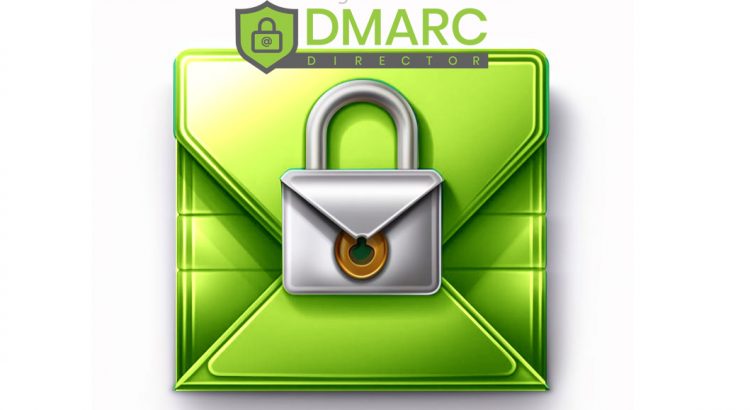In today’s digital age, email continues to be a primary communication channel for businesses and individuals alike. However, email-based cyber threats, such as phishing and spoofing attacks, pose significant risks to organizations and individuals. To combat these threats and enhance email security, protocols like DMARC (Domain-based Message Authentication, Reporting, and Conformance) have emerged. In this blog, we will explore what DMARC is and the role of a DMARC checker in fortifying email security.
What is DMARC?
DMARC (Domain-based Message Authentication, Reporting, and Conformance) is an email authentication protocol designed to combat email spoofing and phishing attacks. It builds upon existing email authentication protocols, SPF (Sender Policy Framework) and DKIM (DomainKeys Identified Mail), to provide a mechanism for domain owners to specify how email receivers should handle messages that claim to come from their domain.
DMARC enables domain owners to publish policies that instruct email receivers on how to handle emails that fail authentication checks. These policies can range from monitoring and reporting (p=none) to quarantining (p=quarantine) or rejecting (p=reject) suspicious emails. By implementing DMARC, domain owners gain better visibility into email traffic claiming to originate from their domain and can take appropriate actions to protect their brand reputation and recipients.
The Role of a DMARC Checker:
A DMARC checker is a tool or service that assists domain owners in assessing the effectiveness of their DMARC implementation. It helps evaluate the DMARC policy’s configuration and provides insights into the domain’s email authentication status.
Key Functions of a DMARC Checker:
- Policy Validation: A DMARC checker verifies the syntax and configuration of the DMARC policy implemented on a domain. It ensures that the policy is correctly defined and adheres to the DMARC standard.
- DMARC Record Lookup: The DMARC checker performs a DNS (Domain Name System) lookup to retrieve the DMARC record published by the domain owner. This record contains the DMARC policy and related information.
- SPF and DKIM Authentication: A comprehensive DMARC checker also performs SPF and DKIM authentication checks for the domain. It validates the SPF record to confirm that authorized servers are sending email on behalf of the domain and verifies the DKIM signatures in the email headers for integrity and authenticity.
- Reporting and Analysis: A DMARC checker can generate detailed reports on DMARC authentication results. These reports provide valuable insights into email delivery, authentication failures, and potential threats. They assist domain owners in monitoring and fine-tuning their email authentication mechanisms.
- Recommendations and Best Practices: Some advanced DMARC checkers offer recommendations and best practices to improve DMARC implementation. They may suggest adjustments to SPF, DKIM, or DMARC configurations to enhance email deliverability and security.
Benefits of Using a DMARC Checker:
- Assess DMARC Effectiveness: A DMARC checker enables domain owners to assess the effectiveness of their DMARC implementation. It helps identify misconfigurations, authentication failures, and potential vulnerabilities that could be exploited by attackers.
- Ensure Proper Authentication: By performing SPF and DKIM checks, a DMARC checker helps ensure that email messages claiming to come from a domain are properly authenticated. This reduces the risk of email spoofing and strengthens email security.
- Monitor Email Ecosystem: DMARC checkers provide valuable insights into email traffic claiming to originate from the domain. They assist in monitoring and analyzing email delivery, identifying legitimate sources, and detecting unauthorized or fraudulent senders.
DMARC plays a crucial role in email security by mitigating the risks of phishing and spoofing attacks. By utilizing a DMARC checker, domain owners can assess the effectiveness of their DMARC implementation, validate policy configurations, and ensure proper email authentication. The valuable insights and recommendations provided by a DMARC checker enhance email security, protect brand reputation, and strengthen the overall integrity of email communications. Implementing DMARC and utilizing a DMARC checker are essential steps in fortifying your organization’s email security posture.
DMARC Director is first-in-class for DMARC checking: Learn More
